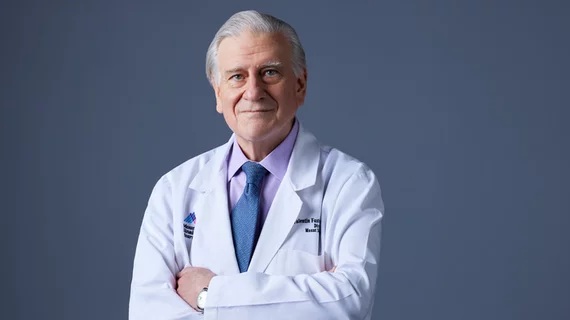Polypill strategy improves odds of survival after a heart attack
Giving myocardial infarction patients a polypill—a single pill that includes three separate medications—is associated with a lower risk of cardiovascular mortality and other adverse events, according to new research out of Mount Sinai Heart in New York City.
The full analysis was simultaneously presented at ESC Congress 2022, the annual meeting of the European Society of Cardiology, and published in the New England Journal of Medicine.[1]
The team’s randomized controlled trial, named the SECURE study, included nearly 2,500 patients who were followed for a median of 36 months. All patients had experienced a type 1 myocardial infarction within the previous six months. The average age was 76 years old, and 69% were men. Patients were randomly chosen to either take a polypill containing aspirin, ramipril and atorvastatin or receive usual care. The polypills were developed by the Spanish National Center for Cardiovascular Research and Ferrer with a goal of improving medication adherence among heart patients.
“Although most patients initially adhere to treatment after an acute event such as an infarction, adherence drops off after the first few months,” Valentin Fuster, MD, PhD, director of Mount Sinai Heart and general director of the Spanish National Center for Cardiovascular Research, said in a prepared statement. “Our goal was to have an impact right from the start, and most of the patients in the study began taking a simple polypill in the first week after having a heart attack.”
Overall, the polypill strategy was associated with a 24% lower risk of experiencing a cardiovascular death, non-fatal myocardial infarction, non-fatal stroke or emergency coronary revascularization. There was a relative reduction of 33% when focusing on the risk of cardiovascular death alone.
“The SECURE study findings suggest that the polypill could become an integral element of strategies to prevent recurrent cardiovascular events in patients who have had a heart attack,” Fuster added. “By simplifying treatment and improving adherence, this approach has the potential to reduce the risk of recurrent cardiovascular disease and death on a global scale.”
ESC Congress 2022 is scheduled for August 26-29 in Barcelona. More information is available here.

